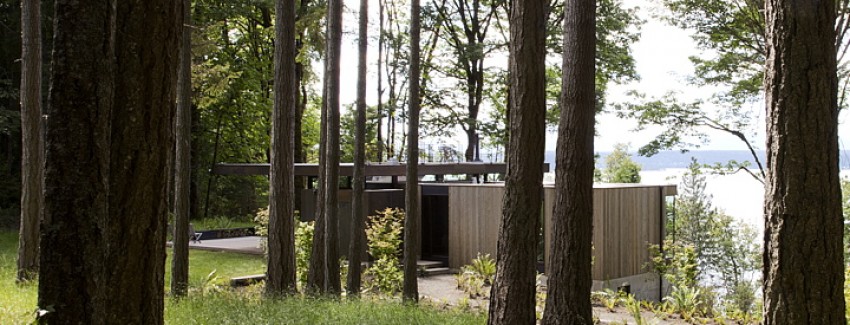
April.01.2015, By Mohammed Zaid CEng.M.ASCE
A durable structure is one that can effectively and safely resist environmental, structural and operational demands throughout its service-life with a minimal amount of additional resources expended for maintenance and repair. Durability reduces environmental impact by minimizing additional resources, both material and energy, that must be expended during a building's service-life. Durability also reduces environmental impact by reducing the pollutants to water and air that are associated with replacement or renovation. If durability can extend the service-life of a structure, it also contributes to sustainability by providing a longer period over which to amortize the cost and environmental impact of construction (Wilson 2005).
A structural engineer's view of durability is often limited to material degradation due to environmental effects, such as corrosion of metals or freeze-thaw damage to concrete. A much broader view of durability is required in the context of sustainability. One such definition that has been proposed by Canadian Architect (2008) in "Measures of Sustainability: Durability" is "a material, component or system may be considered durable when its useful service life is fairly comparable to the time required for related impacts on the environment to be absorbed by the ecosystem." This definition highlights the important relationship between the life span of a structure and the environmental impacts required to construct, operate and
maintain a structure. In general, structures that are made of energy- and resourceintensive materials will need to have a long lifetime to be considered durable. In contrast, structures that are built largely of natural materials do not necessarily need a long life span to be considered durable and sustainable.
esolution-Construction&Engineering
Comments (0)